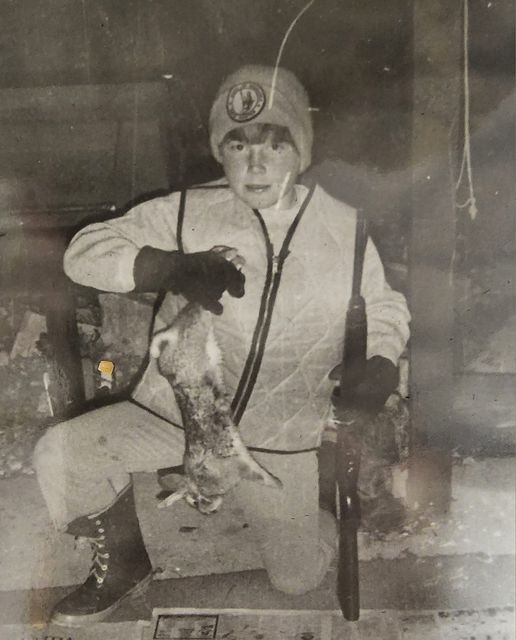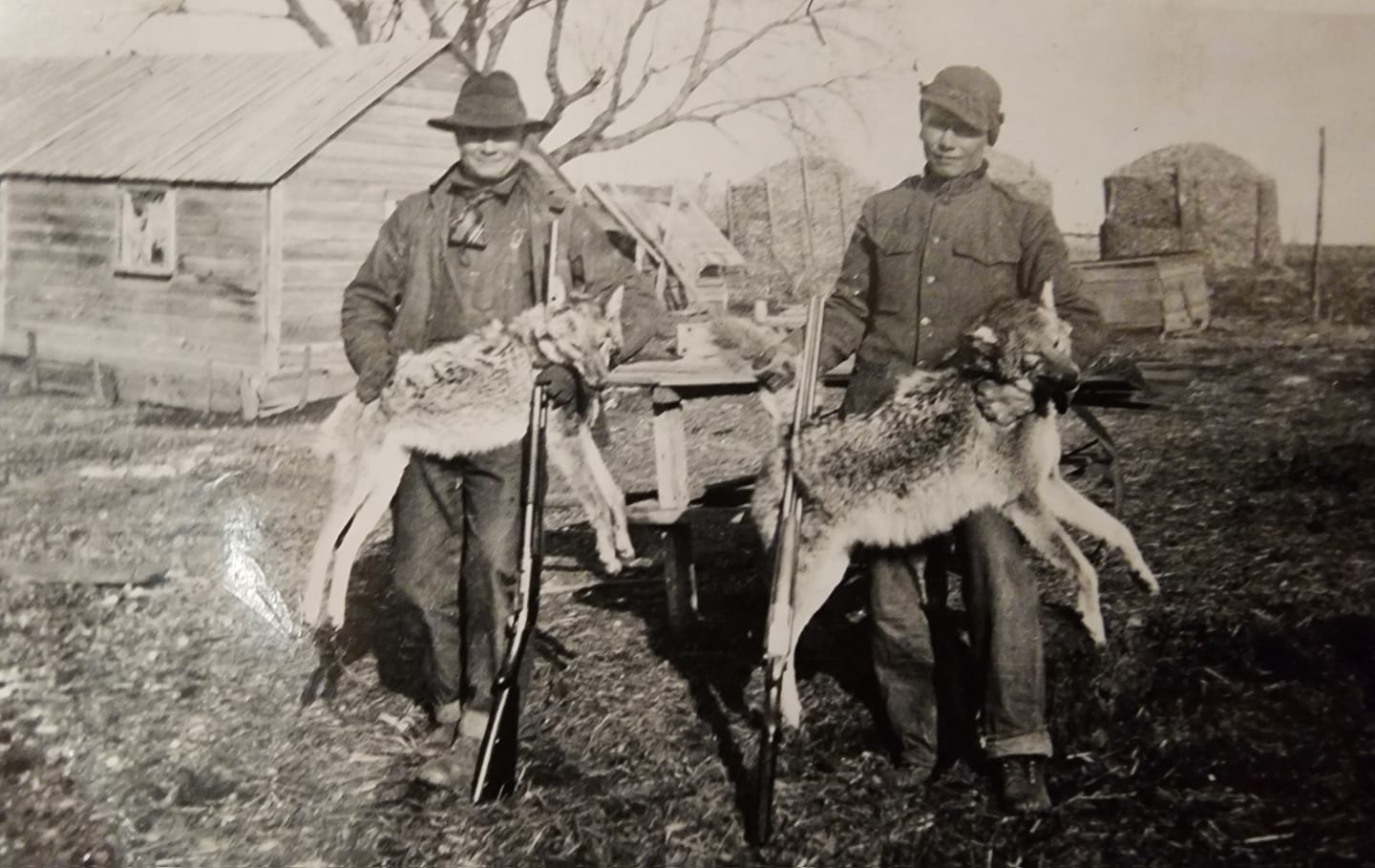
By Greg Wagner
National Hunting and Fishing Day is held annually on the last Saturday of September.
This is a significant day.
No, this is not just another one of those celebratory days, not by a long shot.
I grew up hunting and fishing in rural Nebraska, so this day is deeply personal to me and many others as we are devoted hunters and anglers. We experience nature directly as a participant, not simply a spectator. We take our roles as stewards of the land and wildlife very seriously. In fact, we represent the original conservationists who established the North American Model of Conservation more than a century ago.

National Hunting and Fishing Day, the fourth Saturday in September each year, was launched in 1971 by Congress to acknowledge the tremendous contributions made financially and otherwise by us natural resource users toward wildlife research projects, wildlife habitat improvements, wildlife management practices and to local, state and national economies. Interestingly, many of these contributions have greatly assisted rural landowners, community safety, non-game wildlife species, individual ecosystems, the environment as a whole and the protection of species from unregulated exploitation.
In Nebraska, Governor Jim Pillen has proclaimed Saturday, Sept. 23rd as National Hunting and Fishing Day on the state level. Collectively, hunting and fishing is a big deal here in the Cornhusker State. In fact, stats show more than 450,000 hunters and anglers support the state’s economy through their spending, contributing to the $2.6 billion spent on outdoor activities in a single year.
Get this. On the national scale in the U.S., through self-imposed fees and excise taxes, hunters and anglers have raised more than $57 billion–that’s more than $100,000 every 30 minutes being raised for conservation!
In 1972, Richard Nixon signed the first ever Presidential proclamation of National Hunting and Fishing Day. Now on its 51st year, National Hunting and Fishing Day is the largest, most effective grassroots movement ever undertaken to promote outdoor sports and wildlife conservation.
National Hunting and Fishing Day also serves an avenue for us to promote hunting and fishing as legal, wholesome, memorable outdoor activities to new audiences.
It’s funny when I think back to my early hunting days, because it’s not about the game animals I took that made such wonderful memories. It’s the crazy scenarios I remember that were part of the hunting experience (Deer in my case, with my dad, who is deceased).
I recall my dad and me borrowing my brother Steve’s pick up truck and then sinking it in a shallow ravine on our farm on the way to our blind at o’ dark thirty. I recall my dad asking me: “Did you save the coffee?”
I recall the first time I left the confines and comfort of the blind and went to the bathroom (No. 2) in the complete darkness of the woods, there were a thousand different sounds, it seemed.
I recall listening to Husker football games on a scratchy transistor radio while my dad vocalized his displeasure with the play calling, never mind being quiet so as not to scare the deer.
Seriously, I recall the long discussions with my dad about everything from relationships to politics and I recall watching the sunrises and sunsets without a word even being spoken.
Those things are the stuff of memories.
Now, we need to help others experience great memories as well as a personal, hands-on connection to nature and the cycle of life. We, as licensed outdoor enthusiasts, must engage and pass along what we know to the folks around us, and especially to those who don’t look and act like us, on a continual basis. It is vital to the future of fish and wildlife.
Participation in activities like hunting and fishing is intensely rewarding and provides rich opportunities to grow human relationships, reconnect with the environment, help landowners, support the economy, supply revenue for conservation and obtain fresh, free-ranging food.
National Hunting and Fishing Day also presents an opportunity to thank the rural landowner who allows you to hunt and fish on their property. This is particularly important in a state such as Nebraska where the land is 97 percent privately owned.
To me, our hunting and fishing heritage remains a key component to who we are as Nebraskans and as Americans.
So hunt, fish, share your passion!
